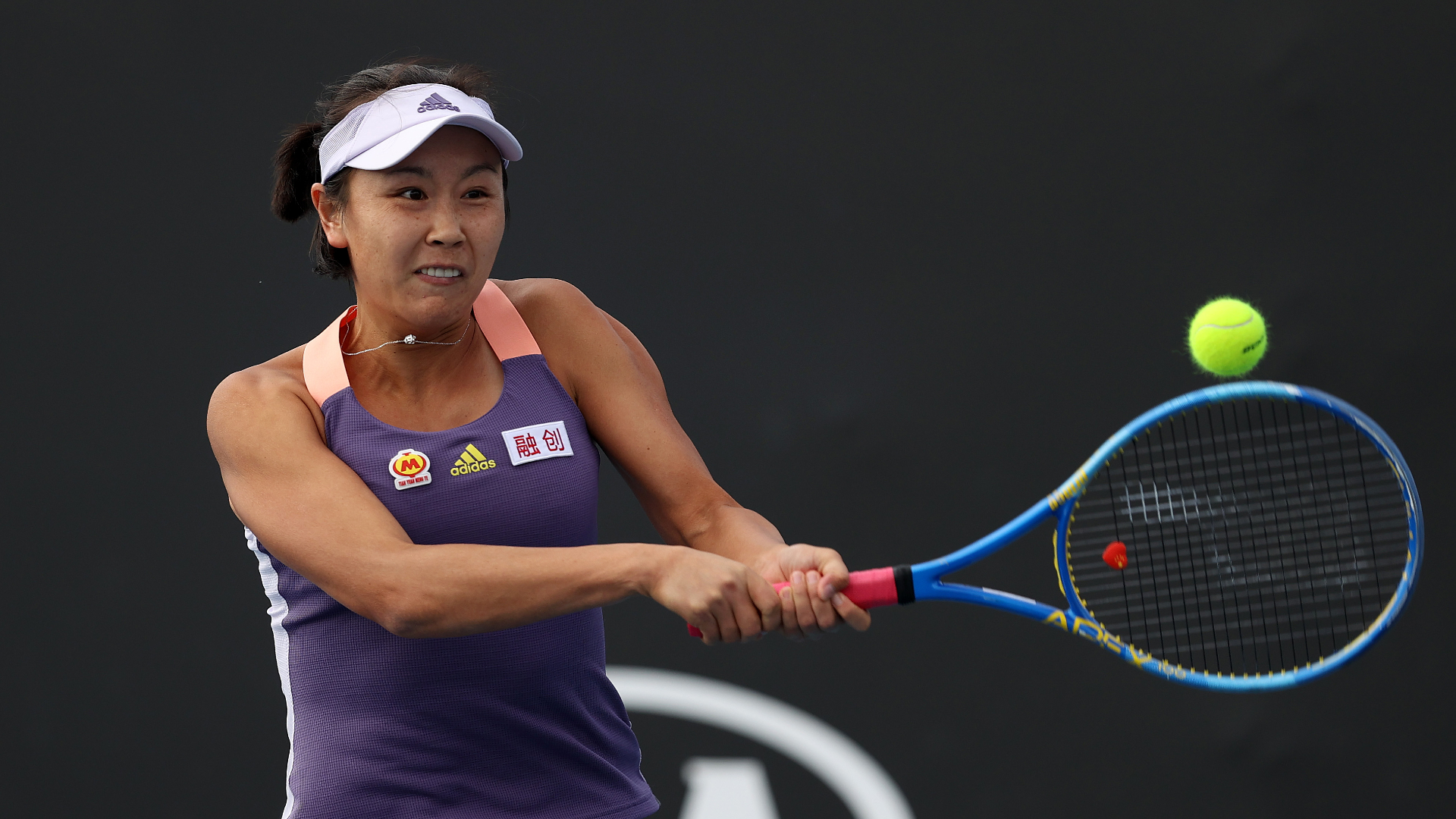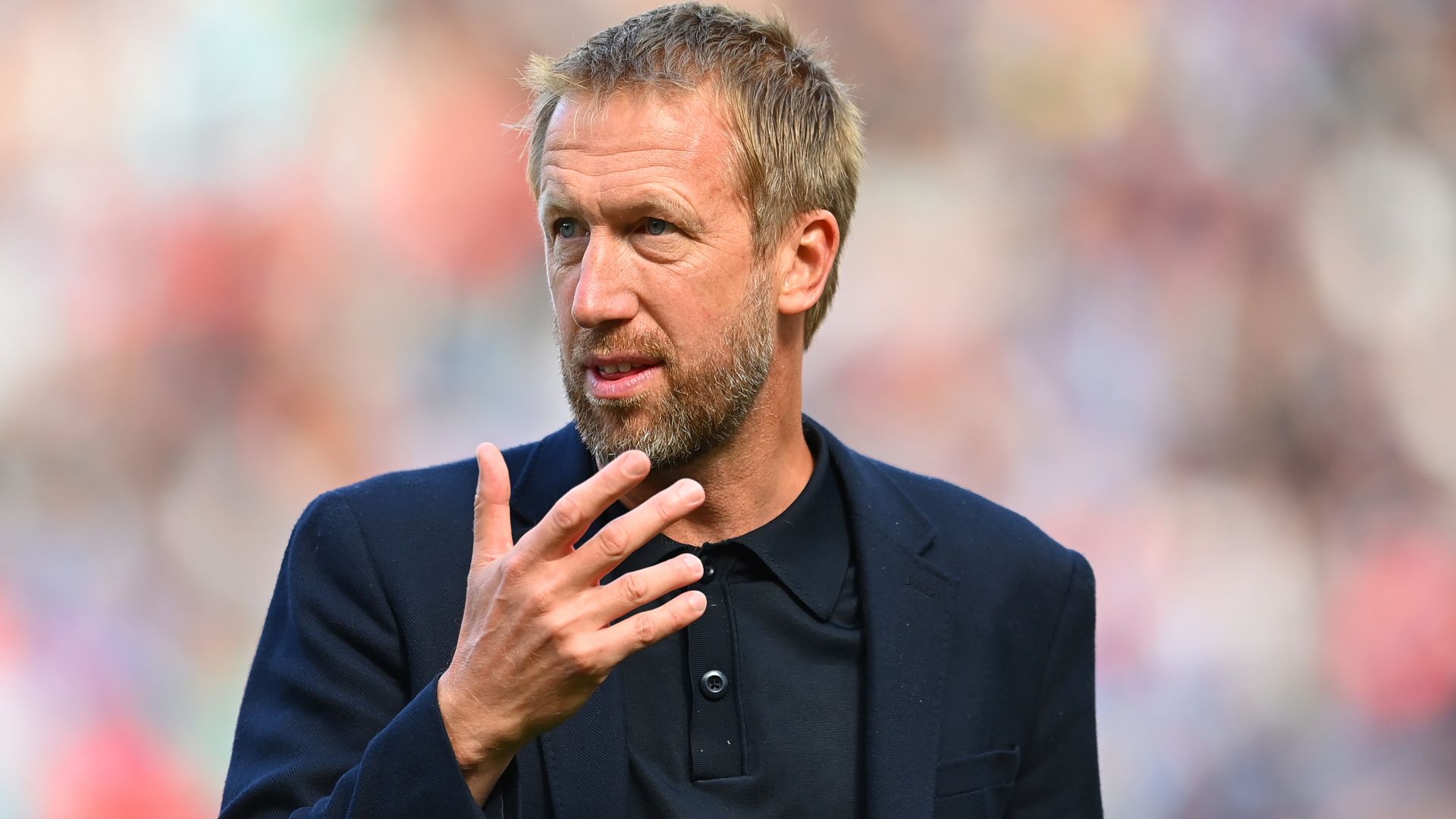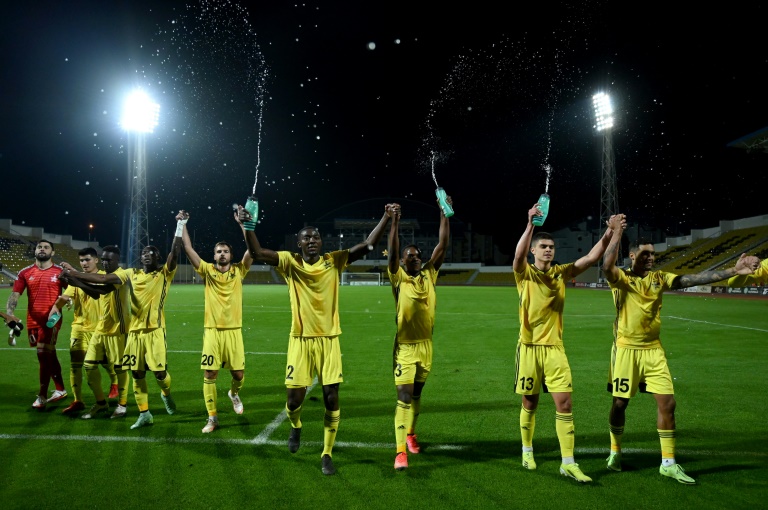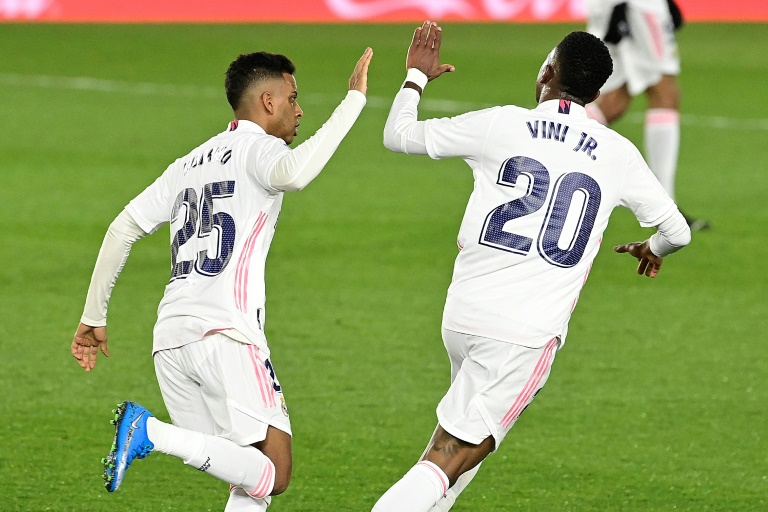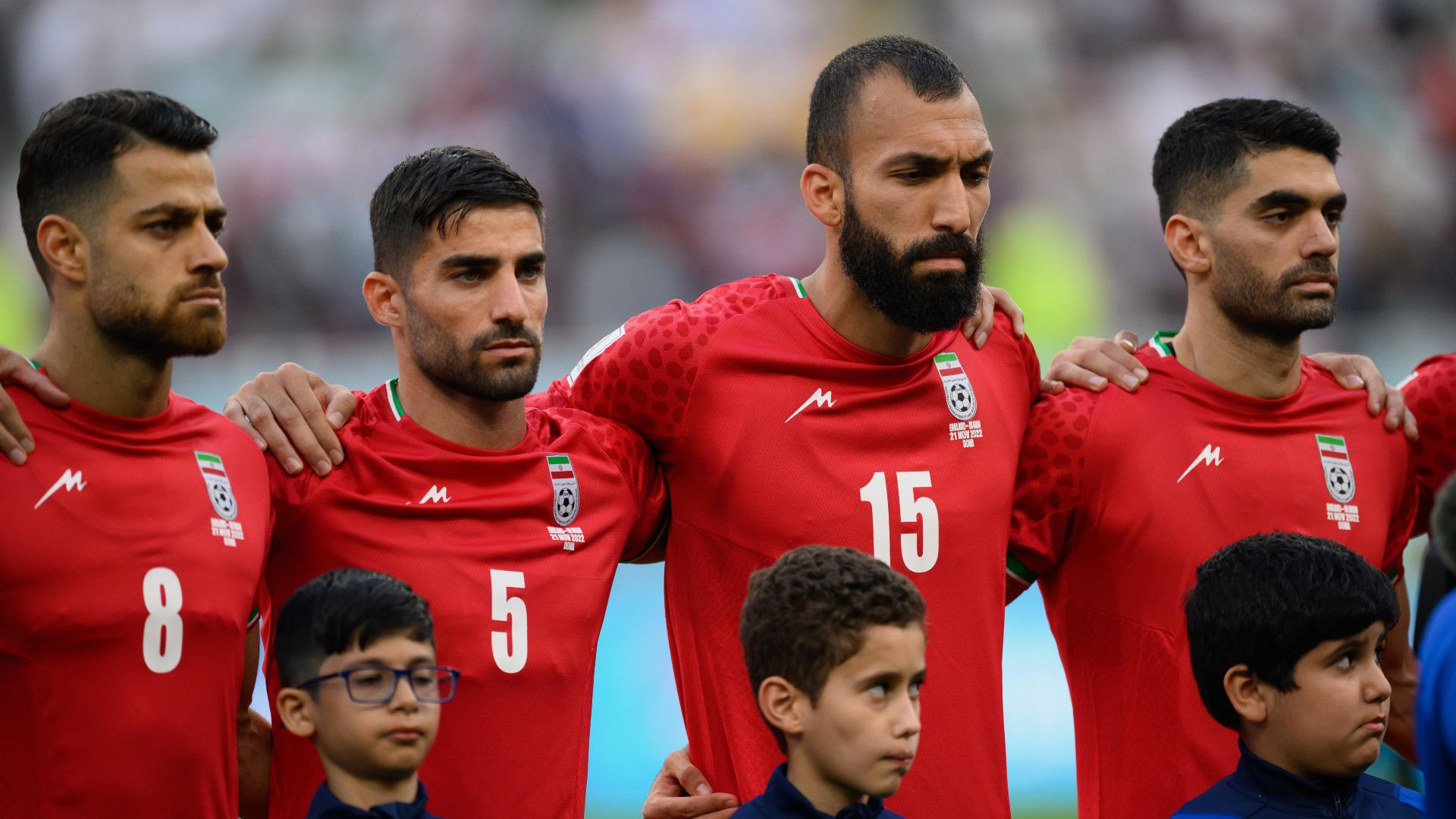
The World Cup in Qatar was mired in controversy before it kicked off, and less than a week into the tournament that theme has continued.
Prior to Iran’s opening Group B match against England, their players stood in silence during their national anthem as a sign of solidarity against the oppressive regime in their homeland.
But before their win over Wales this morning, the players sang the national anthem as jeering could be heard from the crowd, with some fans pictured crying.
It remains unclear whether there has been pressure from their government on the players to do so, but some Iranians will now feel like their protest before the England game lacks meaning.
A background to the protests
Ever since the Islamic revolution in 1979, Iranian women have been required to cover their hair with a hijab when in public.
Those rules were relaxed slightly between 2013 and 2021 under president Hassan Rouhani but his successor, president Ebrahim Raisi, takes a much more hardline stance.
There was simmering tension in the country already, but the death of 22-year-old Mahsa Amini on September 16, 2022, has erupted the nation into mass outrage.
Amini was arrested by the ‘Guidance Patrol’ for wearing an ‘improper’ hijab, with eyewitnesses saying she was severely beaten by forces and suffered traumatic head injuries
There have been thousands of arrests and hundred of deaths, with the nation turning out in mass protests in the two months since her death.
And Iranian football fans have been demonstrating in Qatar, holding signs stating “Woman, Life, Freedom” and football shirts with Amini’s name in the crowd.
Iranian World Cup players ‘could do more’ with their platform
Activist Sally Javadi, who regularly uses her Instagram platform to spread awareness of the conflict in Iran, believes that many Iranian citizens are not supporting their nation at the World Cup.
According to her sources and viral videos across social media, they have been rooting for England and Wales to win as they believe the players should be using the publicity they have to take a stronger stance against their government.
Javadi told LiveScore that a more visible action could have been made by the players, as demonstrated by beach football player Saeed Piramoon, who celebrated his goal in the Intercontinental Beach Soccer Cup final by pretending to cut off his hair, a gesture that is recognised as showing solidarity with women in Iran.
The Iranian water polo team also stood in silence during the national anthem earlier this month, but their platform is much smaller than the football side at the World Cup.
There can be severe consequences to their protests, shown by the arrest of footballer Voria Ghafouri on Thursday for ‘spreading propaganda against the state’.
Ghafouri has been a vocal critic of the Iranian regime, recently urging the government to stop killing people on Twitter.
The consequences have been much more severe for women with sport climber Elnaz Rekabi briefly disappearing after competing without a hijab in protest in South Korea.
Upon her arrival back to Iran, she was greeted by supporters for her solidarity, but there have been no reports of her whereabouts since.
Iran captain Ehsan Hajsafi did voice his support of the protests prior to the England clash.
Hajsafi said: “They should know that we are with them. And we support them. And we sympathise with them regarding the conditions.
“We have to accept the conditions in our country are not right and our people are not happy. We are here, but it does not mean we should not be their voice or we should not respect them.”
The chances of the national captain being sanctioned when he returns appear slim given his high profile, not just in Iran but across the world.
What is certain is that while Iran’s dramatic win over Wales in the second group match has brought a sense of temporary unity and elation for the nation, the future of citizens there remains in jeopardy with the current regime in place.





